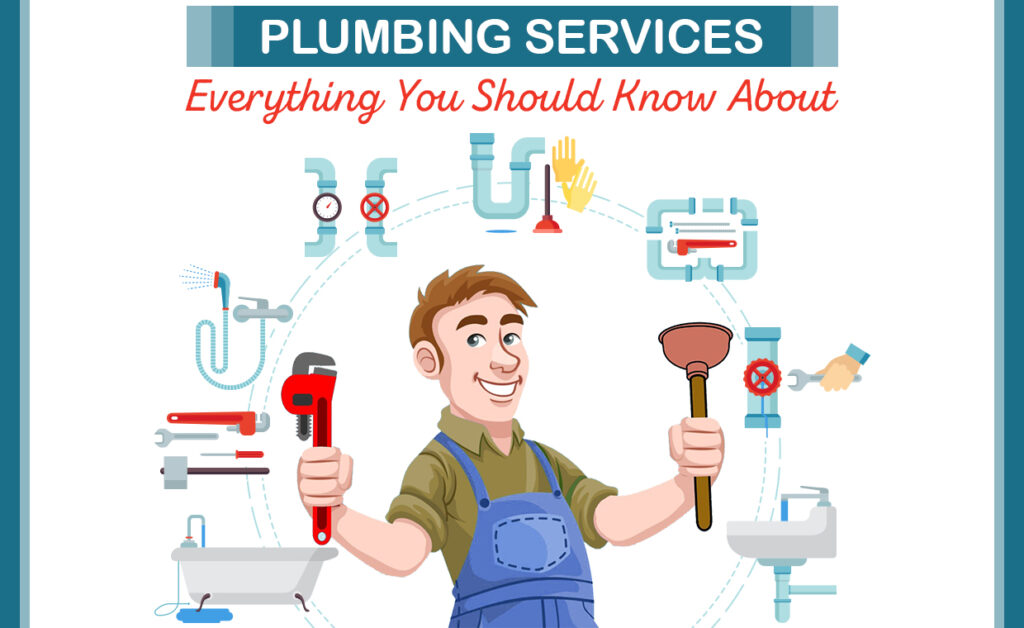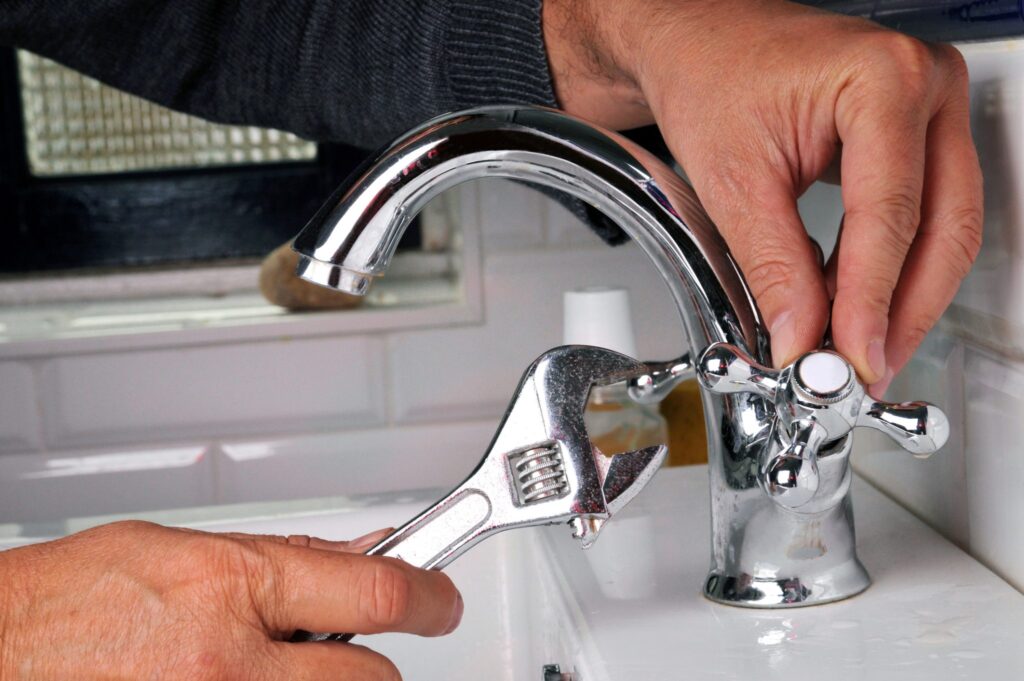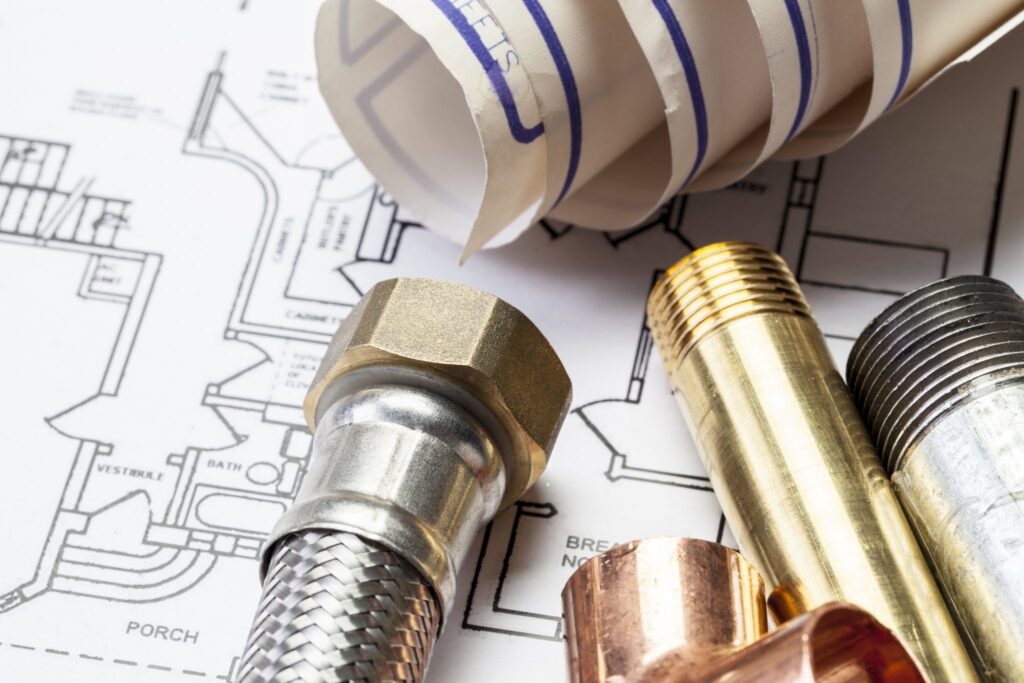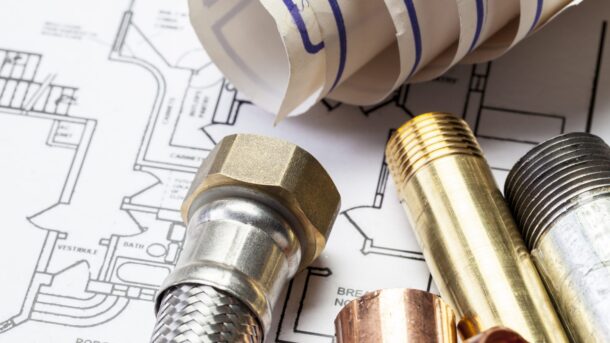Plumbing is the lifeline of any building, ensuring clean water flows in and wastewater is safely removed. Yet, issues like leaky pipes, clogged drains, or faulty water heaters can disrupt daily life and even pose health risks. This article explores essential plumbing services, common problems, and practical advice for homeowners and businesses.

Residential Plumbing Services
From minor drips to major repairs, residential plumbing covers a range of services to keep households running smoothly. Common issues include:
- Clogged Drains: Hair, grease, or debris often block sinks or showers. Regular cleaning and avoiding dumping oils down drains can prevent this.
- Leaky Faucets/Pipes: Worn-out washers or corrosion cause leaks, leading to water waste and mold growth. Prompt repairs save costs long-term.
- Water Heater Failures: Sediment buildup or faulty thermostats may leave you without hot water. Annual flushing extends the heater’s lifespan.
- Sewer Line Backups: Tree roots or debris block sewer lines, causing unpleasant odors or slow drains. Hydro jetting effectively clears stubborn clogs.
Plumbers also handle installations (e.g., dishwashers, water softeners) and emergency repairs like burst pipes.

Commercial Plumbing Services
Businesses face unique challenges due to higher usage and complex systems. Key services include:
- Main Drain Cleaning: Restaurants and hotels often deal with grease or food waste blockages. Routine hydro jetting prevents buildup.
- Backflow Prevention: Contaminated water can flow backward into clean lines. Annual inspections ensure compliance with safety codes.
- Gas Line Repairs: Leaks in commercial kitchens or heating systems require immediate attention to avoid hazards.
- Pipe Replacement: Aging galvanized or cast-iron pipes in older buildings may corrode. Upgrading to durable materials like PVC or PEX improves efficiency.
Advanced tools, such as camera inspections, help diagnose hidden issues without unnecessary damage.
Choosing the Right Plumbing Service
Selecting a reliable provider ensures quality work and fair pricing. Consider these tips:
- Check Credentials: Licensed plumbers with insurance protect you from liability.
- Read Reviews: Platforms like Google or Yelp highlight customer experiences.
- Ask About Warranties: Reputable companies stand by their work with service guarantees.
- Compare Quotes: Transparent pricing avoids hidden fees.
For instance, agencies like CleanLine Plumbing offer detailed service descriptions and emergency support, making them a trusted choice.

FAQs: Addressing Common Concerns
Q: How do I prevent frozen pipes in winter?
A: Insulate exposed pipes, keep indoor temperatures above 55°F, and let faucets drip during extreme cold.
Q: Why does my toilet keep running?
A: A faulty flapper valve or fill valve is likely the culprit. Replacing these parts is inexpensive and quick.
Q: When should I replace old pipes?
A: Signs include discolored water, frequent leaks, or reduced water pressure. Consult a plumber for an assessment.
Q: Are chemical drain cleaners safe?
A: Avoid them! They corrode pipes over time. Opt for enzymatic cleaners or mechanical snaking instead.
Conclusion
Proactive maintenance and timely repairs are key to avoiding costly plumbing disasters. Whether it’s a dripping faucet at home or a sewer backup in a commercial building, professional plumbers ensure systems function safely and efficiently. Keep a trusted provider’s contact handy—because when emergencies strike, quick action makes all the difference.
By staying informed and addressing issues early, you protect your property’s value and ensure peace of mind. After all, reliable plumbing isn’t just a convenience—it’s a necessity.



